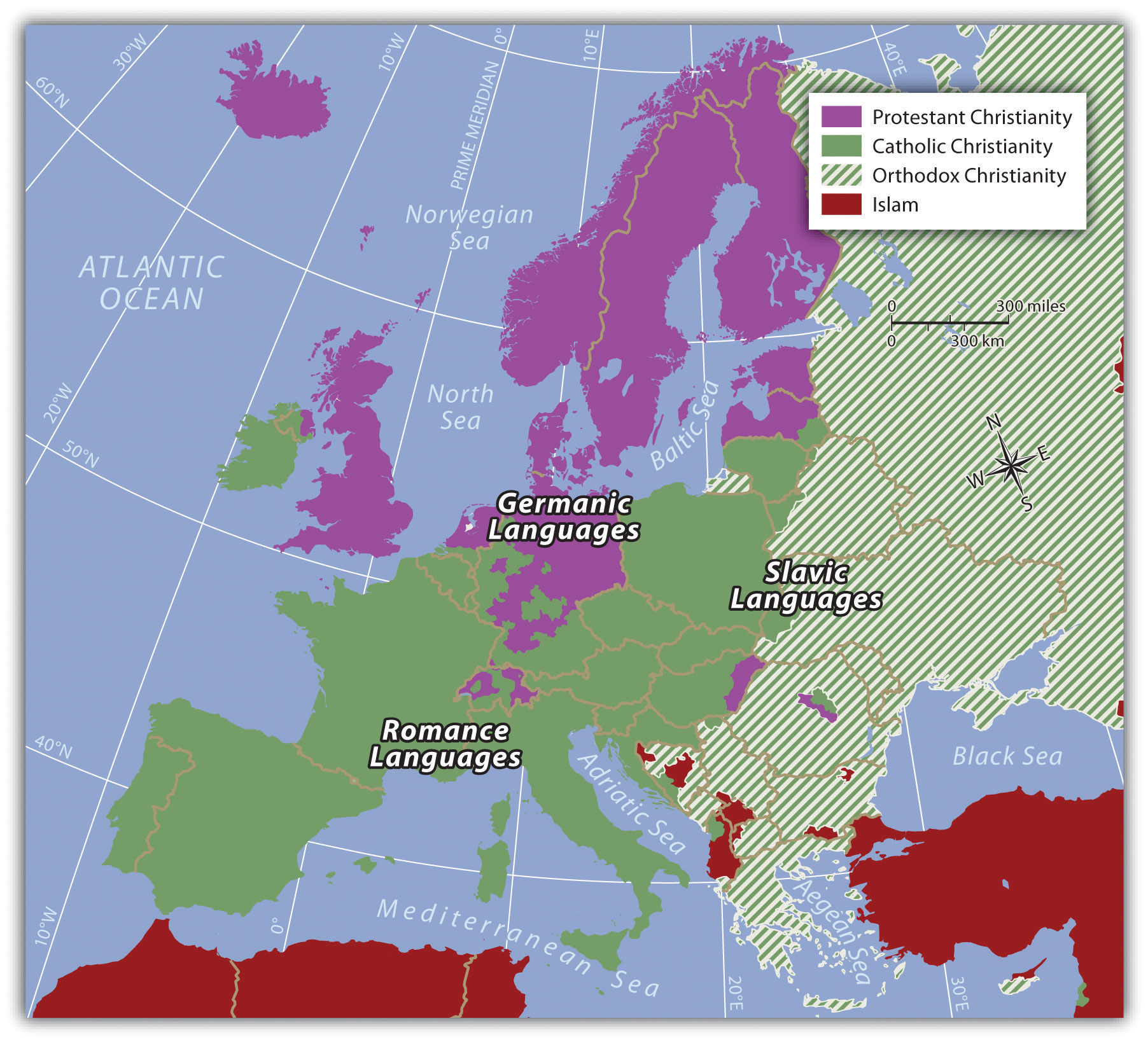


In Capital, Marx explains religion as “the reflex of the real world” that helps people produce commodities and values (51). His goal is to widen a primitive vision of capitalism offered by Marx, using similar approaches to class separation and power distribution. In The Protestant Ethic, Weber investigates the spirit of capitalism through Protestantism and discusses spiritual and economic acquisition and satisfaction (17). Weber and Marx are the two genial European sociologists who combine economic, political, and religious ideas to demonstrate the development of society under different factors. Human behaviors undergo multiple changes and modifications through different centuries regarding the current expectations, norms, and regulations.

Despite the material spirit of capitalism enhanced by Marx, Weber’s argument proves the power of ideas in history by evaluating the economic system, religion, and ethics in understanding the connection between social wealth and equity. Weber’s reply is based on the refutation of Marx’s historical materialism, the analysis of conceptual ambiguity, and the identification of religious influence.

The Marxist point of view is that Weber focuses on Protestant ethics instead of searching for some material evidence for capitalism origins. In his Protestant Ethic and the Spirit of Capitalism, Weber underlines the power of religious and economic ideas to explain the possibility of capitalism in society during the 19th century. It is not effective to merely compare Weber’s ideas with Marxism concepts and define the strengths and weaknesses of both statements. It is not enough to take Weber’s theory of stratification or social class and explain the roots of social conflict through class, status, and party relationships. Modern sociologists, philosophers, and economics currently use the works by Max Weber and Karl Marx to strengthen their views of society and discuss the impact of different ideas in history.


 0 kommentar(er)
0 kommentar(er)
